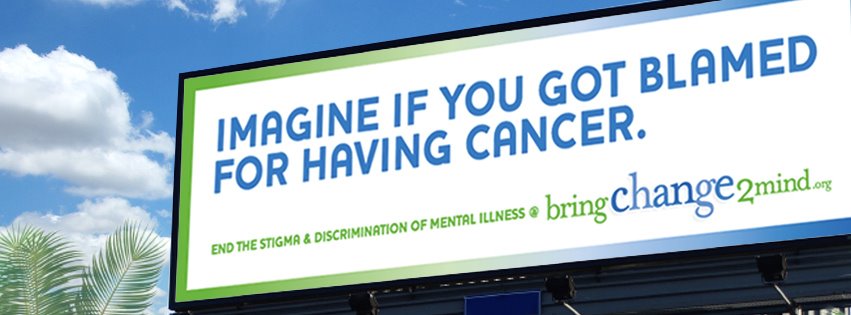With the popularity of films like “The Perks of Being a Wallflower” and “Silver Linings Playbook” (both adapted from novels of the same name), the subject of mental illness has become quite popular.
But this isn’t new. A few years ago, films like “Girl, Interrupted” and “Prozac Nation” were at the forefront of pop culture.
And while it’s great that tales of mental illness are being told and that they find a way to spread awareness through using film, television and literature as a medium, let’s all remember that mental illness is an ongoing (and in some cases a lifelong) struggle for many of us, and a stigma surrounding it remains.
Watching these movies simply doesn’t make you an expert on the subject of mental illness. It’s not something that simply stops or can be “cured” by finding true love with Jennifer Lawrence.
It’s this stigma that prevails as millions of men, women and children go to sleep feeling hopeless and remains the disease’s greatest setback.
We have reached a point where things have eased slightly. Depression is almost like a constant in our culture, which should be deemed a positive thing, but has also proved negative.
Because our exposure to the phrase is so rampant (think of how many times you see a commercial for antidepressants), attempts to approach the subject can be clueless or insensitive. We are almost desensitized. The problems now are things like anxiety, depression and bipolar disorder, which have been skewed for the public’s consumption, often overly dramatized or up in the air.
The more these disorders are presented in the same way, the easier it seems for the public to ignore or dismiss them.
Some people still view depression as something that is imagined, or confuse social anxiety with shyness or awkwardness. (Being awkward is a whole other trend for a whole other column.) Both can feel as crippling as any other disease, because let’s be honest, that’s exactly what it is.
All too often, mental health is reduced to headlines like “Top Ten Tips to Boost Your Mood!” on lifestyle magazines. The more they’re presented in the same way, the more the public seems to dismiss or diminish the seriousness of these issues, and ignores the impact this kind of representation causes.
Recently, actress Glenn Close became an advocate for spreading awareness about mental health disorders after revealing her sister is bipolar. She started a nonprofit organization called Bring Change 2 Mind, designed to end the stigma.
The website states “The fact is a mental illness is a disorder of the brain —- your body’s most important organ —- and 1 in 6 adults lives with a brain-related illness including depression, bipolar disorder, PTSD and shizophrenia.”
Like any disease of the body, it can be caused by many factors, ranging from biological, environment and social issues, to genetics.
“And just as with most diseases, mental illnesses are no one’s fault. The unusual behaviors associated with some illnesses are symptoms of the disease —- not the cause.”
Banners for the campaign are frank, with one of them reading, “Imagine if you got blamed for having cancer.”
We fall into the trap of being ignorant to what we cannot understand. So for many, it’s hard to move past the stigma and accept that depression is a real monster. We can’t touch it, we can’t see it, so how can it be real? “Everyone gets sad! Why can’t you just get over it?” Because after all, who in their right mind wants to be sad all the time?
But there’s a difference between feeling sad, and being empty.
For many, the fear of telling someone and receiving this kind of judgement is what hinders them in wanting to seek help, and postpones them receiving a proper diagnosis.
One 21-year-old man shared his battle with schizophrenia with CBS News. In it, his mother confessed that her biggest misconception of her son’s diagnosis was that she could “ … fix it. That if I tried hard enough, he would regain his health.”
One quote from the National Alliance on Mental Illness website reads, “In this culture you are not a person with an illness; when it comes to mental illness, you are the illness. Do you ever hear anyone say ‘that cancer person?’ But do you hear ‘that mentally ill person’?”
Mental illness isn’t like a cold that just goes away because a person has had a good few months or every reason to be happy. It finds ways to prevail, but can be treatable through different kinds of psychosocial therapies and medication. Treatment can offer an opportunity to lead a fuller more productive life.
For those who are suffering, simply getting up is a triumph and every day is a battle. They need your help, but more than anything, they need your understanding.
“Do you know what inspires people with mental illness to get treatment? You,” reads another Bring Change 2 Mind sign. And it’s the truth.



